News
Avonsige: The intersection of fashion and culture
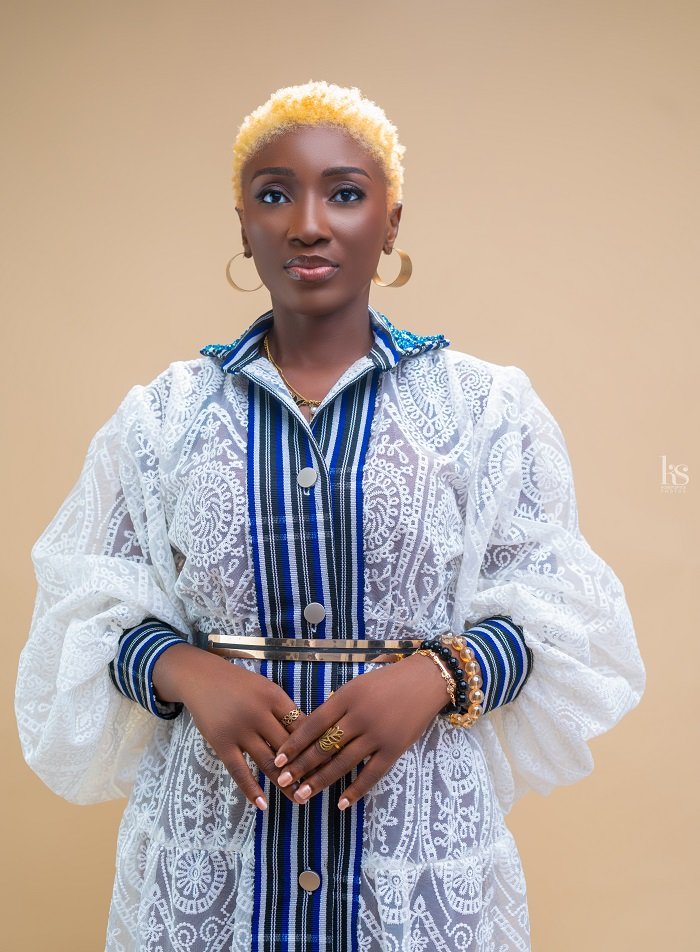
As I speak to Avonsige Ayinemi Augustina, the visionary CEO and Creative Director of AVONSIGE, she passionately shares her journey with me.
Her voice carries both confidence and warmth, mirroring the essence of her designs yet deeply rooted in culture.
“Fashion for me, is more than just clothing,” she told me. “It is a language, a way of expressing identity, and a bridge that connects our past, present, and future. Every piece I create tells a story, and that story begins with Ghana.”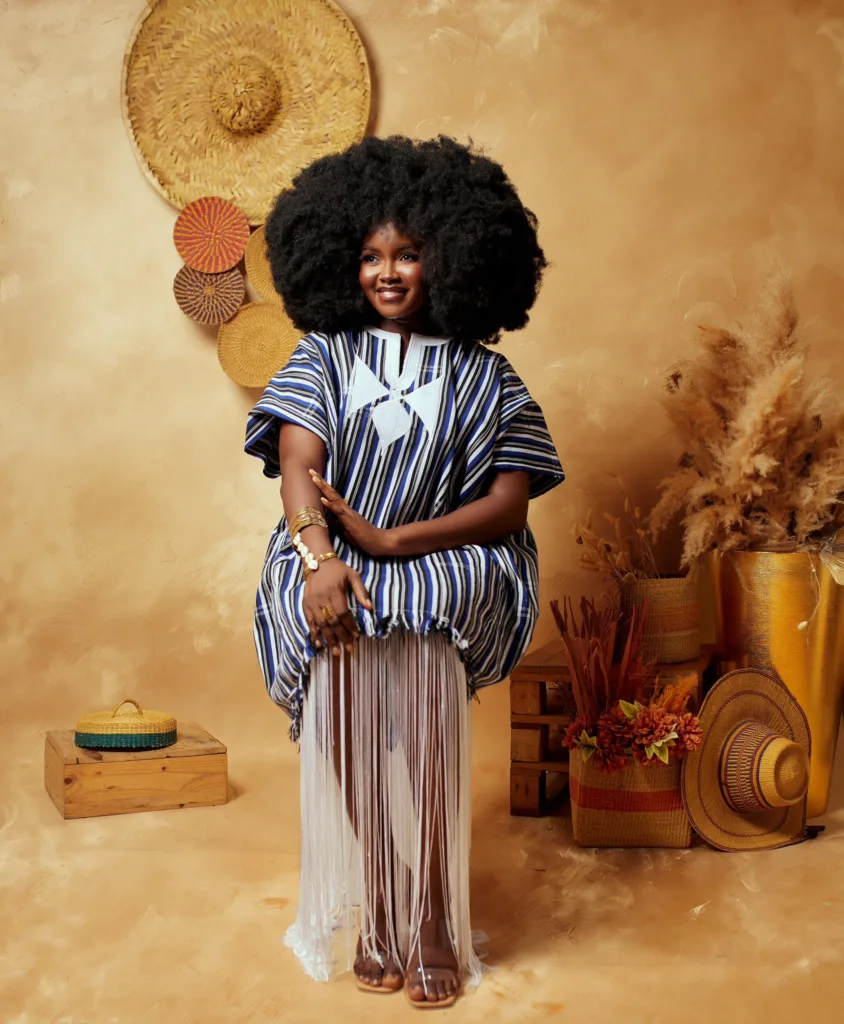
Her love affair with fashion began as a teenager when she was captivated by an avant-garde show that left an indelible mark on her creative spirit.
“I knew then that I wanted to design unforgettable pieces of garments that leave an impact long after they are worn,” she added.
Encouraged by her supportive parents, she pursued visual arts and textiles, laying the foundation for AVONSIGE, a brand that has since become synonymous with elegance, cultural appreciation, and innovation.
She explains that, AVONSIGE is not just about garments, but rather a gateway into Ghanaian culture, with a signature aesthetic that merges pristine whites with rich indigenous textiles.
Again, she said that people have to see Ghanaian smock and kente, fabric and wear them with pride, knowing that each weave carries centuries of history.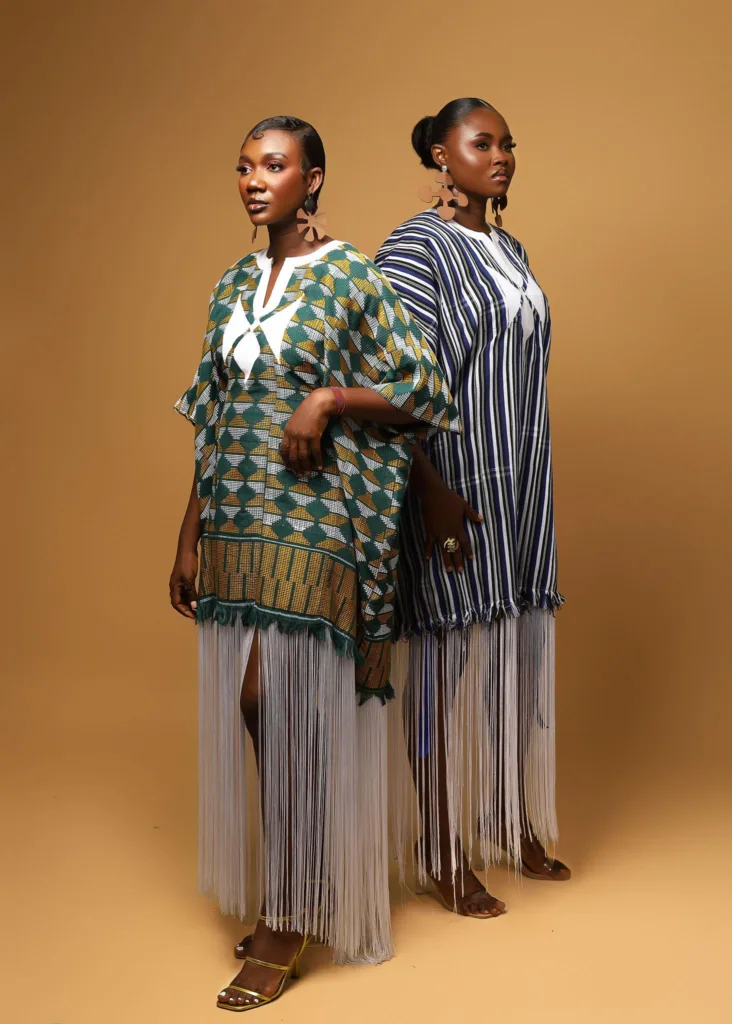
She beams as she described her mission of creating a safe space to understand and appreciate the Ghanaian lifestyle and traditions as the country celebrate Ghanaian heritage month.
Fashion should be a conversation starter, a way to carry our history with us. When you wear AVONSIGE, you are not just wearing fabric; you are wearing the soul of Ghana.”
She paused, then added, “To know our attire is to know our worth.”
Avonsige takes immense pride in sourcing authentic fabrics from the Upper East Region of Ghana. “Our styles and textiles are deeply rooted in the craftsmanship of northern Ghana,” she told me. “From the intricate handwoven smocks to the vibrant kente, each fabric carries the legacy of our ancestors, and we ensure that authenticity is preserved in every piece,” she indicated.
Avonsige’s passion for storytelling is evident in every project she undertakes. “I wanted to push beyond the runway,” she said, eyes alight with excitement.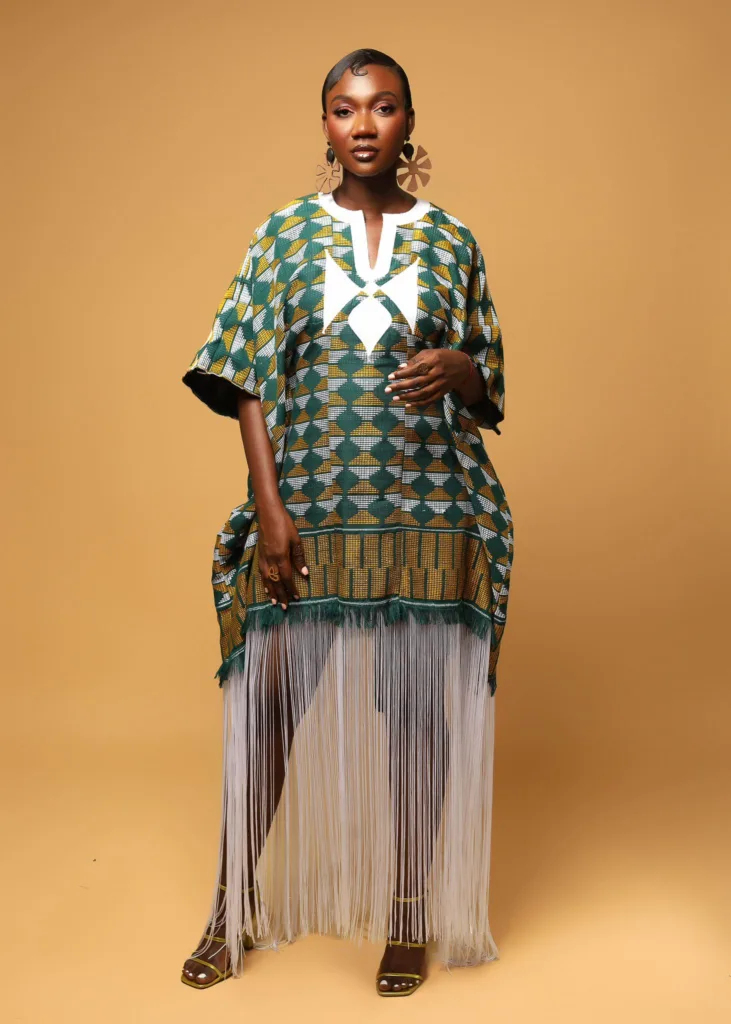
Her commitment to preserving Ghanaian narratives through fashion is unwavering. “Every stitch, every pattern has meaning,” she noted. “That’s the beauty of our craft – it is a living, breathing testament to who we are.”
Beyond luxury and aesthetics, AVONSIGE is deeply rooted in philanthropy. “Fashion should not only inspire but also uplift,” she tells me. Through her annual initiative, AVONSIGE Runway for a Cause, she recreated original designs into Christmas outfits for orphans and underprivileged children in northern Ghana.
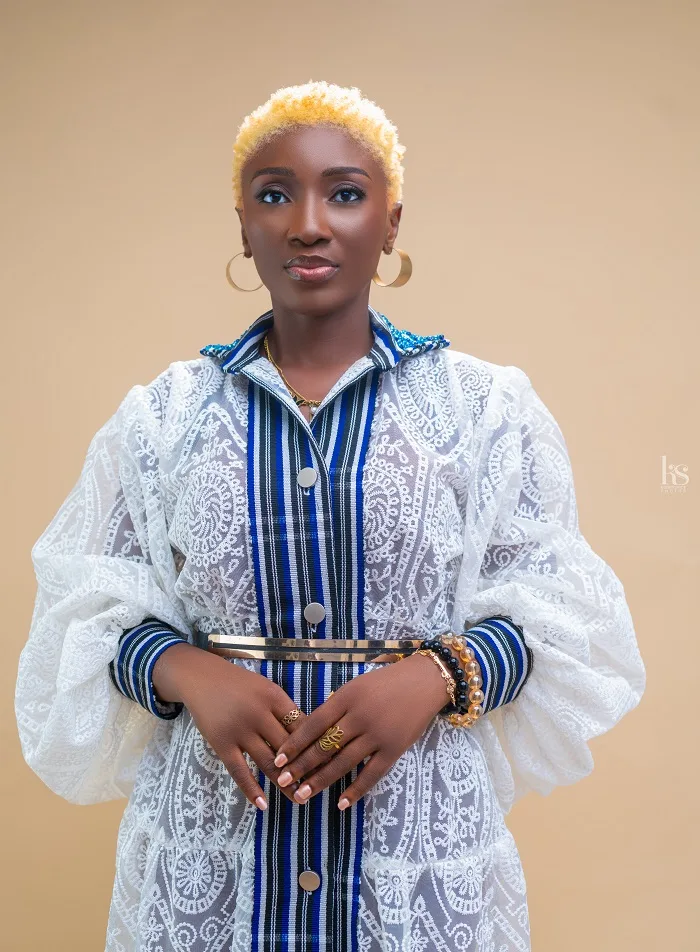
“This is something very close to my heart,” she said with a softening voice. “It is my way of giving back, of ensuring that every child feels valued and beautiful.”
As our conversation draws to a close, Avonsige leaves me with a profound thought: “Fashion is not just about what we wear – it is about the stories we carry, the heritage we embrace, and the future we envision.”
Through her passion, creativity, and unwavering dedication, Avonsige Ayinemi Augustina has turned AVONSIGE into more than just a brand. It is a movement, a celebration of culture, elegance, and purpose.
Join her on this extraordinary journey where fashion is more than a trend, it is a lifestyle, a cultural bridge, and a force for change.
By Geoffrey Buta
News
Prioritise affordable treatment of sickle cell treatment —Health Expert

Health experts have urged Ghana to prioritise affordable and accessible treatment for sickle cell disease (SCD) as advanced, but costly curative therapies remain out of reach.
SCD, an inherited blood disorder, affects about three in every 100 newborns in Ghana.
Globally, around 1,000 babies are born with the condition daily, with three-quarters in sub-Saharan Africa.
The disease causes severe complications including chronic pain, anaemia, infections, strokes and organ damage, often leading to shortened life expectancy.
In recent years, gene therapy has been developed as a potential cure.
However, its cost—running into millions of dollars per patient—makes it financially and technically inaccessible in Ghana.
According to Dr Lawrence Osei-Tutu, a Sickle Cell and Childhood Cancer Expert at the Komfo Anokye Teaching Hospital, “the country must instead focus on practical, lower-cost interventions such as hydroxyurea”, a decades-old cancer drug proven to reduce painful episodes, hospitalisation and life- threatening complications in SCD patients”.
Taken orally, the medicine improves red blood cell function and is considered safe and effective.
“Hydroxyurea therapy is as good as the cure and a low-hanging fruit to pluck, we must bring a cure to our sickle cell warriors, but do so sustainably.” he urged.
In a chat with The Spectator here, he said to create awareness on the disease, the expert noted that despite its benefits, “hydroxyurea is not widely accessible in Ghana.”
Stressing that, “many patients either cannot afford it or struggle with irregular supply through the health system.”
Moreover, he argued that scaling up access would provide immediate relief while the country builds the infrastructure, trains specialists and secures funding needed to support curative therapies in the future.
With an estimated 15,000 babies born with sickle cell disease annually in Ghana, Dr Osei Tutu cautioned that “failure to improve access to effective treatment will leave many patients vulnerable to preventable complications and early death.”
From Kingsley E. Hope, Kumasi
Join our WhatsApp Channel now!
https://whatsapp.com/channel/0029VbBElzjInlqHhl1aTU27
Hot!
Let’s reintroduce Cultural Studies to complement educational reforms — Tourism Minister

Madam Abla Dzifa Gomashie, the Minister of Tourism, Culture and Creative Arts, has emphasised the importance of reintroducing Cultural Studies in schools as part of Ghana’s broader educational reform agenda.
She said Cultural Studies would complement existing efforts to reposition Science, Technology, Engineering and Mathematics (STEM) and Technical Vocational Education and Training (TVET) to promote digital literacy and expand Creative Arts education.
Speaking at the 2025 Homowo Festival of the people of Ningo-Prampram, held on the theme: “Education: The Best Legacy for our Children,” Madam Gomashie said cultural education was critical to national identity and development.
She noted that the festival’s theme aligned with the Government’s vision to transform education in Ghana and encouraged the youth to embrace it not only as a means of personal development but also as a way of preserving traditional values.
These values, including patience, wisdom, and hard work, were at the core of the Homowo celebration, the Minister said.
“Cultural festivals like Homowo are vital instruments for strengthening cultural identity, preserving historical memory, and fostering national unity. Additionally, festivals serve as platforms for educating the youth through storytelling, music, dance, and other traditional practices, while also providing opportunities for community engagement.”
Madam Gomashie highlighted the strong foundation that Ghana’s tourism was built on, which included culture, traditions, and the creative industry, collectively contributing to over GH¢4.8 billion to the economy.
“Festivals give tourists reasons to visit our country. Therefore, with the right infrastructure and the development of all the domains, the sector can do more than what has been recorded,” she added.
Mr Sam Nartey George, the Member of Parliament for Ningo-Prampram and Minister of Communication, Digital Technology and Innovation, commended the community for their vibrant participation in the festival. He announced plans for the construction of a new nursing training school in Ningo, aimed at expanding access to healthcare education in the area.
Nene Osroagbo Djangmah XII, Paramount Chief of Great Ningo Traditional Area; King Dr Tackie Teiko Tsuru II, Ga Mantse; Nene Tetteh Wakah III, Paramount Chief of the Prampram Traditional Area; Prof. Odaifio Welentsi III, Paramount Chief of the Nungua Traditional Area; Naana Dugbakuwor Dugba II, Paramount Queen Mother of Great Ningo; and Mr. Elvis Afriyie Ankrah, Special Envoy on Religion and Inter-Faith Affairs, who represented the Chief of Staff, were among dignitaries at the festival. -GNA














